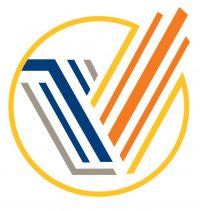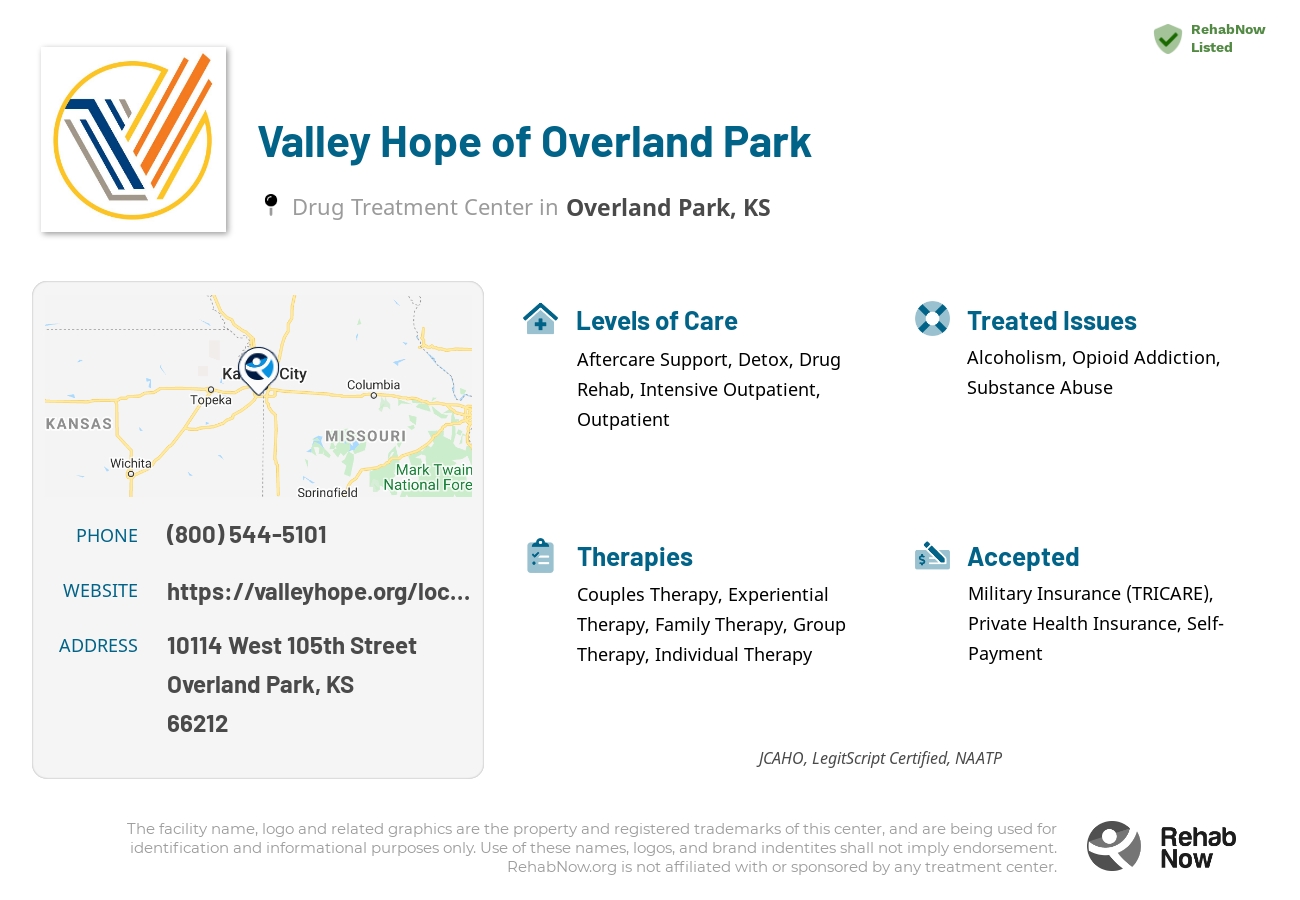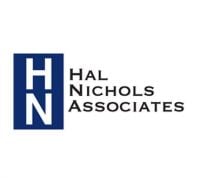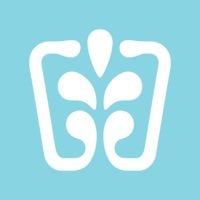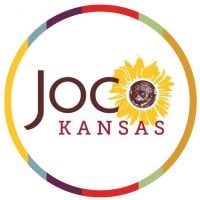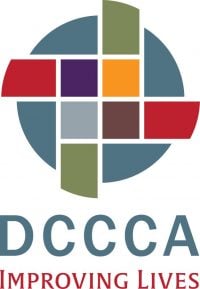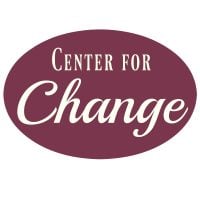Valley Hope of Overland Park
Drug Rehab Center in Overland Park, Kansas
Valley Hope of Overland Park is a well-respected Addiction Treatment Facility that specializes in treating individuals suffering from Opioid Addiction, Substance Abuse, Alcoholism, and Drug Addiction and offers an array of programs to help people recover.
About Valley Hope of Overland Park in Kansas
Valley Hope of Overland Park, situated in Overland Park, KS, stands out as a distinctive outpatient drug and alcohol addiction treatment center. With a foundation built on a reputable 50-year legacy, this center uniquely blends the 12-step philosophy with modern clinical strategies, catering specifically to outpatient care. Its approach to incorporating family in the recovery process and offering comprehensive support underscores its commitment to fostering long-lasting sobriety.
- Utilizes a comprehensive approach by combining FDA-approved medication-assisted treatment (MAT) with counseling to tackle both biological and behavioral aspects of addiction.
- Offers an Intensive Outpatient Program (IOP) that allows patients to maintain their daily responsibilities while receiving rigorous therapeutic support.
- The center's Family Care Programs emphasize the importance of involving family members in the recovery process, providing education and support to bolster collective healing.
Accredited by the Joint Commission, NAATP, and LegitScript, Valley Hope of Overland Park exemplifies excellence in addiction treatment. This facility not only adheres to proven evidence-based therapies like cognitive behavioral therapy (CBT) and motivational interviewing but also ensures a nurturing environment where individuals can thrive in recovery.
At Valley Hope of Overland Park, treatment is available for a broad spectrum of issues, including opioid addiction, alcoholism, and drug addiction. Patients have access to a range of treatment methods and levels of care, including detox, outpatient services, and intensive outpatient programs, tailored to support their journey to sobriety.
Genders
Ages
Modality
Additional
Accreditations
NAATP

LegitScript

JCAHO
Conditions and Issues Treated
It’s not easy getting sober on one’s own, or even going to rehab and escaping the grasp of addiction by oneself. Substance abuse treatment gives addicts a place to stay sober while learning what it takes to quit for good. They will learn from others about what works and what doesn’t work with remaining drug-free.
Treatment centers such as Valley Hope of Overland Park focus on the needs of individual addicts to heal them. There is a combination of physical and mental therapies that treat the root cause of the addiction, whether it be family problems, stress, or past traumatic events.
The final benefit of substance abuse treatment is introducing new people who can help in your recovery after you leave Valley Hope of Overland Park. Through group therapy sessions with other addicts and attending support meetings once a day, a person will learn how to interact with others and cope with cravings. This is a chance for you to rebuild your social circle healthily after you leave treatment.
Opioid addiction starts when a person becomes addicted to legal or illegal opioids. The addiction can happen quickly, in just a matter of days. Opioid withdrawal can be extremely uncomfortable and lead the user to continue to use even if they want to quit. Stopping using an opioid requires medical observation. Sometimes inpatient treatment with a medically supervised detox is necessary for managing the withdrawal process while learning lasting tools for maintaining recovery. Medications may be used in some cases of opioid addiction.
Opioid addiction is one of Kansas‘s most prominent forms of addiction. It’s treated by detoxifying the body so that the chemicals from the medications no longer impact them and by therapies to correct behavior and target the root of the problem.
Levels of Care Offered
This center offers a variety of custom treatment tailored to individual recovery. Currently available are Aftercare Support, Detox, Drug Rehab, Intensive Outpatient, Outpatient, with additional therapies available as listed below.
Detox is the first step of rehab. It involves giving a person time to get the toxins out of their body. During detox, the patient gets ill and they will often start using again to get rid of these unpleasant feelings. That’s why it’s so important to have a Overland Park medical professional at Valley Hope of Overland Park present. A Kansas medical professional will make sure patients don’t start using during detox. They will also provide medication to ease their symptoms and coach them through on a mental level.
Addicts who need help with their addiction can enroll in an intensive outpatient program (IOP). But the patient won’t live there during treatment.
IOP involves patients visiting a medical office building regularly for therapy and other services while continuing to live their lives.
IOP is a step up from drug or alcohol detox, but it’s still a phase of recovery, not the end goal. Patients in need of IOP have many options for rehab and treatment.
Outpatient treatment is considered the lower intensity level of addiction treatment. It’s ideal for early phase addiction or lower intensity addictions. It may include weekly sessions instead of daily. It may include weekly sessions instead of daily. Peer group support, 12-step programs, and individual counseling may still be involved but at a lesser frequency than an intensive outpatient program. It is a good choice for someone who doesn’t need to go through a medically supervised detox and who has a supportive home environment. It requires motivation and dedication to commit to the program without constant monitoring.
Aftercare support should take place after outpatient treatment has ended. There are a few different types of aftercare support that patients can seek. These include 12 Step, Self-help groups (AA, NA), Therapeutic communities, Long-term, structured sober living arrangements, and Halfway houses (residential treatment centers).
Therapies & Programs
Individual therapy involves one-on-one sessions between the patient and therapist. It provides patients with a safe environment to openly discuss personal and sensitive issues with the therapist. They find the therapist as someone they can trust. Individual therapy aims to identify the core issues that would have led the patient to substance abuse and address them effectively. The therapist can develop patient-specific customized solutions through individual therapy, which aids speedier recovery.
Couples therapy works with clients and significant others in a professional capacity to improve relationship dynamics. This can be helpful for addicts who are trying to marry the idea of recovery into their work, family, social lives – any aspect that has to do with relationships.
Through counseling sessions, addicts will have an opportunity to talk about their addiction with professional partners. These partners can offer feedback and advice on how to get sober while keeping healthy relationships intact. A good couples therapist will help addicts understand their part in an unhealthy relationship dynamic or find ways to deal with anger or resentment from significant others outside of the home.
Family therapy is a group problem-solving that aims to improve communication and relationships between the addict, their family, and sometimes friends. The main goal of family therapy for drug addiction is to create an environment where communication can occur without judgment, hostility, or blame. The therapist is with the family as they learn to communicate differently, especially with the addict when s/he is using. The family can learn to reduce their enabling behavior or rally together and support each other during tough times.
An addict’s family can play a vital part in helping them to avoid relapse because they can spot the warning signs and help them get back on track before it becomes too much of a problem. Family therapy is one of the most effective ways to help addicts stay on the path to long-term sobriety. When a drug addict decides that they want to try and get sober, it takes the support of every person they love to succeed. It can be incredibly difficult for loved ones to watch an addict go through the pain and suffering of withdrawal, but by being there with them and supporting them, they can help to make sure that the addiction never returns.
Groups typically involve meetings with other recovering addicts who can relate to one another’s experiences. They might meet in person or online and typically focus on the process of staying sober rather than overcoming a specific addiction.
In these groups managed by Valley Hope of Overland Park, addicts can build a sense of community and develop strong emotional connections with others who understand what they are going through. These beneficial relationships can help addicts overcome their cravings and prevent relapse at any point during the recovery process.
There is hope for people who are addicted to drugs and alcohol. Cognitive Behavioral Therapy (CBT) is the solution. CBT focuses on the underlying thoughts and behaviors that caused the addiction problem in the first place and may cause a relapse. This type of psychotherapy addresses negative feelings common in substance abuse disorders. It helps to change them by restructuring thought patterns. It’s about removing negative thoughts and providing long-term benefits while promoting self-awareness, self-control, and healthy ways to respond to negative thoughts. These sessions can be done by themselves or as part of combination therapy.
REBT, or Rational Emotional Behavior Therapy, is a way of replacing negative thoughts with positive ones. It teaches people how to deal effectively with their unwanted habits and emotions. Some common problems people have are procrastination, unhealthy eating, and angry outbursts. Learning how to deal with these problems in a productive manner makes them less apt to come back.
Taking part in a 12-step program allows people to accept their addiction on their own terms. It divides the process into 12 steps and provides Valley Hope of Overland Park [fields type=’wpwc pagename’] self-help without feeling rushed. <br>
Adherents to Alcoholics Anonymous follow “The Big Book,” which contains sobriety guidelines and offers support from peers who have faced similar challenges. Many drug users seek help from Narcotics Anonymous or Pills Anonymous.
Both NA and AA have 12 steps. They cover topics like admitting a problem, controlling the addiction, listening without judgment, making amends, and more.
Patient Experience
Creative Arts
Creative Arts Therapy is a combination of several different types of art forms offered by Valley Hope of Overland Park. Music, painting/drawing, writing, and drama are just some examples. It can help with mental illness and addiction.
CAT is a form of art therapy at Valley Hope of Overland Park that uses creative activities such as music, painting, drama, and writing to help patients explore their feelings, develop social skills, and manage behavior. It is particularly effective with people who may not respond to other forms of therapy or lack the motivation to take part in more traditional forms of therapy. When combined with counseling, CATT can help people struggling with addiction or mental illness access their inner voices and discover their unique potential.
Experiential Therapy at Valley Hope of Overland Park
Experiential Therapy teaches people how to think differently about their lives and change their emotions by changing their behavior. This type of treatment is accomplished with various activities that may involve acting, props, arts and crafts, animal care, or other tools that may be effective.
This therapy aims for patients to release suppressed thoughts that cause bad feelings and drug addiction. Role-playing, arts and crafts, music, animal care, rock climbing, etc., are some of the activities used in this therapy. Gradually an individual will feel calmer and more loving which will change their perception positively. In addition to treating drug addiction, experiential therapy is beneficial for different behavioral and eating disorders.
Payment Options Accepted
For specific insurance or payment methods please contact us.
Is your insurance accepted?
Ask an expert, call (888) 674-0062
Valley Hope Associated Centers
Discover treatment facilities under the same provider.
- Valley Hope of Atchinson in Atchison, KS
- Valley Hope of Norton in Norton, KS
- Valley Hope of Moundridge in Moundridge, KS
- Valley Hope of Wichita in Wichita, KS
- Valley Hope of Atchison in Atchison, KS
Learn More About Valley Hope Centers
Additional Details
Specifics, location, and helpful extra information.
Overland Park, Kansas 66212 Phone Number(800) 544-5101 Meta DetailsUpdated April 15, 2024
Staff Verified
Is Valley Hope of Overland Park a LegitScript Verified Treatment Facility?
According to our most recent records, we have found this center to be LegitScript verified.
Valley Hope of Overland Park Patient Reviews
There are no reviews yet. Be the first one to write one.
Overland Park, Kansas Addiction Information
About 42% of adults in Kansas have tried an illicit drug at some point in their lives. 12.4% of the state population uses illegal drugs and 4.5% abuse alcohol in a given year. 15.16% of all deaths in Kansas between 2008 and 2017 were caused by either drugs or alcohol.
The most commonly abused drugs in Overland Park are prescription medications, marijuana, heroin, and methamphetamines. 14,423 individuals were admitted to drug and alcohol treatment in the last decade. There are approximately 9,827 people in the city who are addicted to drugs. Overland Park had more than 100 drug-related deaths each year. The most common type of treatment in Overland Park, Kansas is inpatient rehab.
Treatment in Nearby Cities
- Holton, KS (66.3 mi.)
- Shawnee, KS (5.8 mi.)
- Louisburg, KS (22.1 mi.)
- Seneca, KS (95.5 mi.)
- Winfield, KS (171.4 mi.)
Centers near Valley Hope of Overland Park
The facility name, logo and brand are the property and registered trademarks of Valley Hope of Overland Park, and are being used for identification and informational purposes only. Use of these names, logos and brands shall not imply endorsement. RehabNow.org is not affiliated with or sponsored by Valley Hope of Overland Park.
